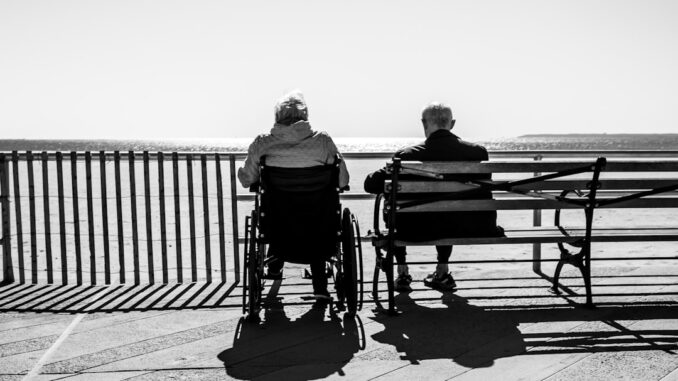
Summary
This article explores the fascinating question of why individuals age differently, delving into the factors that influence aging and highlighting recent research. From genetics and lifestyle to environmental influences and cellular decisions, we uncover the complex interplay that shapes our aging journeys. Understanding these factors offers insights into potential interventions for healthier aging.
Healthcare data growth can be overwhelming scale effortlessly with TrueNAS by Esdebe.
Main Story
The aging process, a universal human experience, unfolds in remarkably diverse ways. While some individuals maintain youthful vitality well into their later years, others experience age-related decline much earlier. This disparity in aging trajectories has long intrigued scientists, prompting investigations into the underlying factors that contribute to this phenomenon. Why do some people appear younger than their chronological age while others show signs of aging prematurely?
Factors Influencing Aging:
Several key factors contribute to the variation in how individuals age:
- Genetics: Our genetic makeup plays a significant role in determining our predisposition to certain age-related diseases and the rate at which our bodies age. Some individuals inherit genes that protect against age-related decline, while others may carry genes that increase their susceptibility to chronic illnesses.
- Lifestyle: Lifestyle choices significantly impact the aging process. A healthy diet, regular exercise, adequate sleep, and stress management contribute to overall well-being and can slow down age-related decline. Conversely, unhealthy habits like smoking, excessive alcohol consumption, and poor nutrition accelerate aging and increase the risk of chronic diseases.
- Environment: Exposure to environmental factors, such as pollution, toxins, and UV radiation, can accelerate aging by damaging cells and tissues. Conversely, living in a clean environment and adopting sun-protective measures can mitigate these effects.
- Cellular Decisions: Recent research has uncovered a fascinating aspect of aging: cells within the body appear to have some autonomy in determining their own aging rate. Studies have shown that cells with longer lifespans are more efficient at maintaining essential proteins for healthy function. This suggests that cellular mechanisms play a crucial role in the overall aging process.
- Ageotypes: Emerging research suggests that individuals may age along different biological pathways, termed “ageotypes.” These pathways, which include metabolic, immune, hepatic (liver-related), and nephrotic (kidney-related) aging, can influence an individual’s risk for specific age-related conditions. Understanding an individual’s ageotype may pave the way for personalized interventions to slow down or delay certain aspects of aging.
Advances in Geriatric Care:
The evolving understanding of aging and its diverse manifestations has significant implications for geriatric care. New advances focus on personalized approaches that cater to individual needs and ageotypes:
- Precision Medicine: Tailoring medical treatments and interventions based on an individual’s genetic makeup, lifestyle, and ageotype holds promise for more effective disease prevention and management.
- Technology-Enabled Care: Wearable devices, remote monitoring systems, and telehealth services enable continuous health tracking and facilitate timely interventions. These technologies enhance the quality of care and support independent living for older adults.
- Focus on Healthspan: Geriatric care increasingly emphasizes maximizing “healthspan,” the period of life spent in good health and free from disability. Interventions that slow down the aging process aim to extend not just lifespan, but also the number of years individuals enjoy optimal health.
- Socially Assistive Robotics: Emerging technologies like socially assistive robots offer companionship and support for older adults, particularly those experiencing social isolation or cognitive decline. These robots can assist with daily tasks, provide cognitive stimulation, and enhance overall well-being.
The field of geriatric care is undergoing a transformative period, driven by innovative technologies and a deeper understanding of the complex interplay of factors that influence aging. As research continues to unravel the mysteries of aging, we can anticipate further advancements in personalized care and interventions that promote healthy aging and enhance the quality of life for older adults.


Be the first to comment